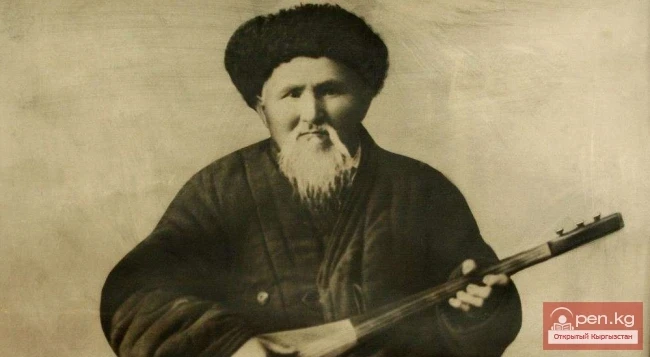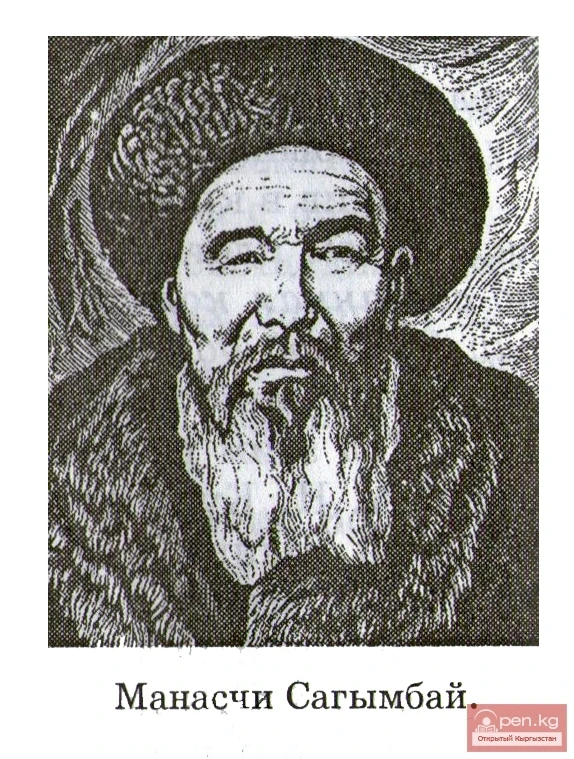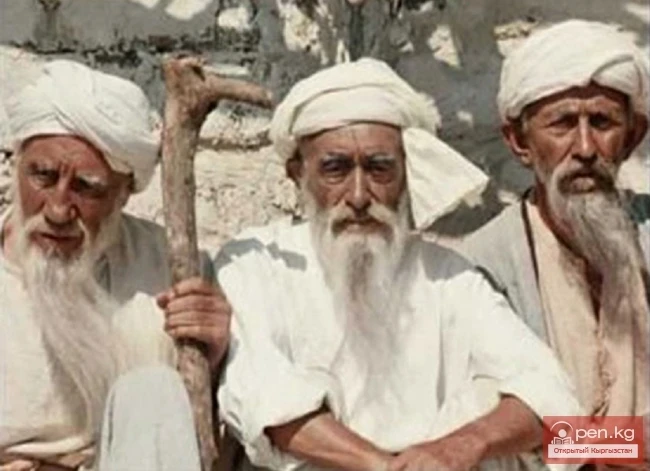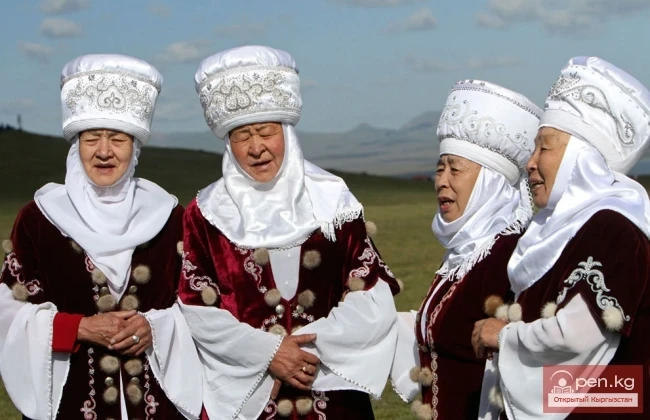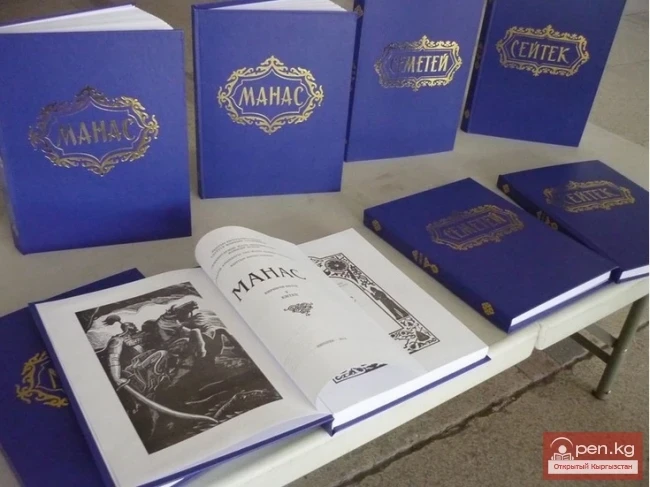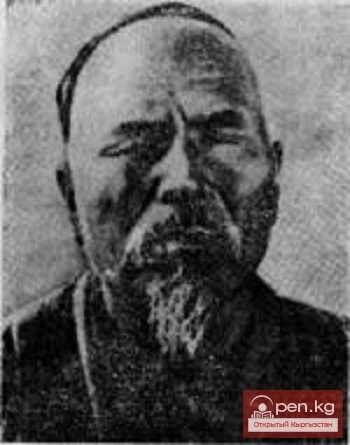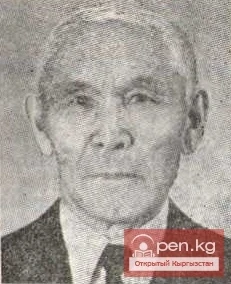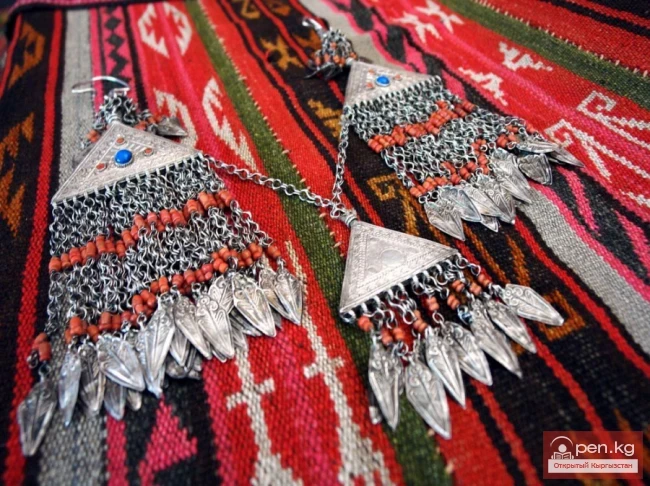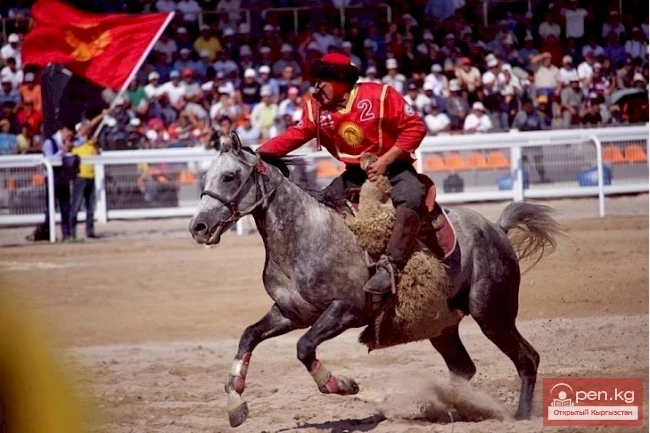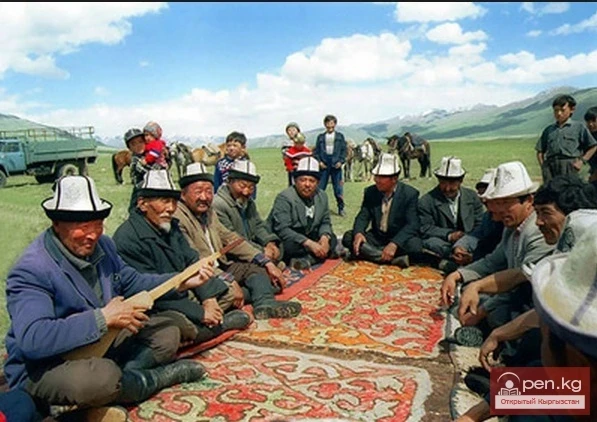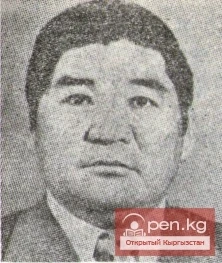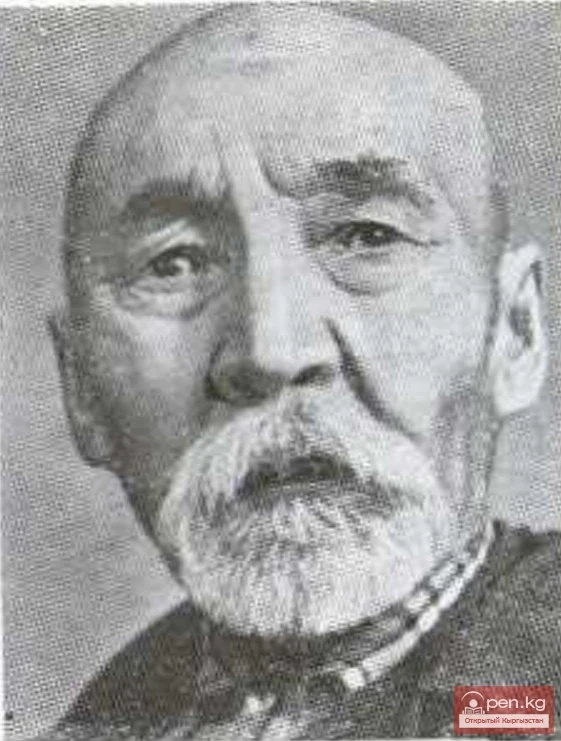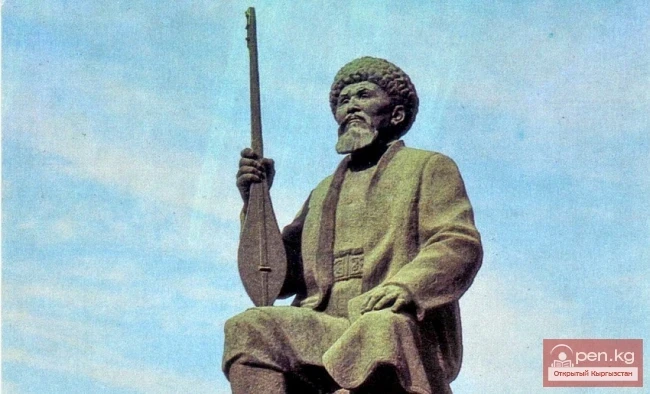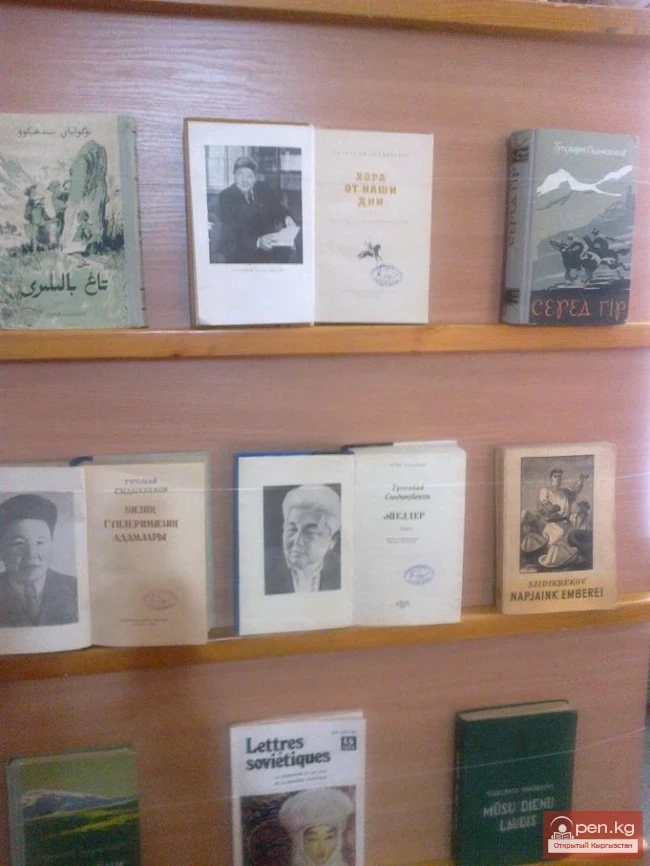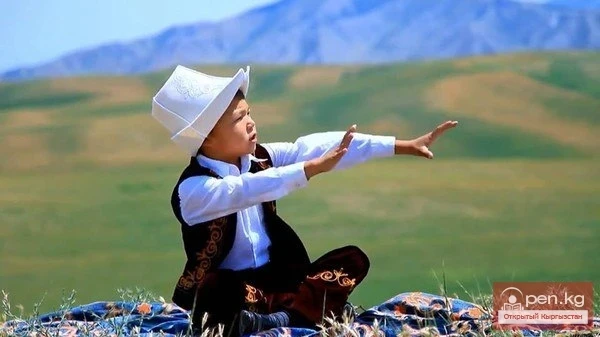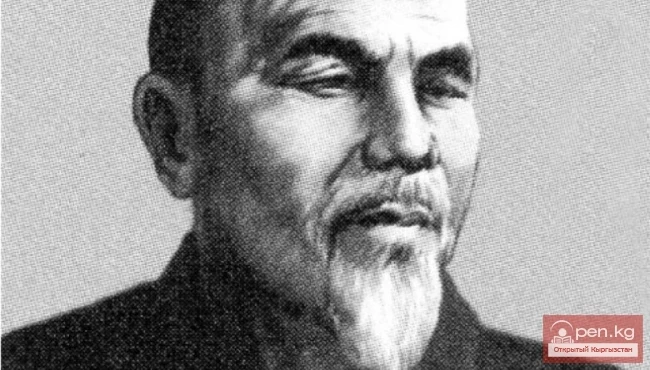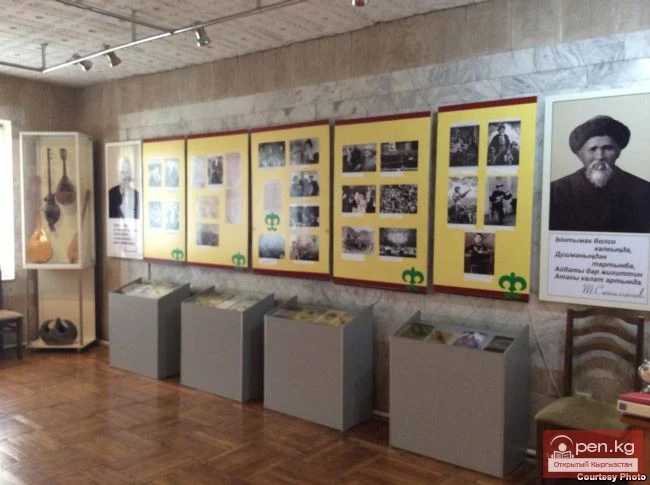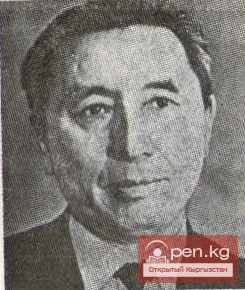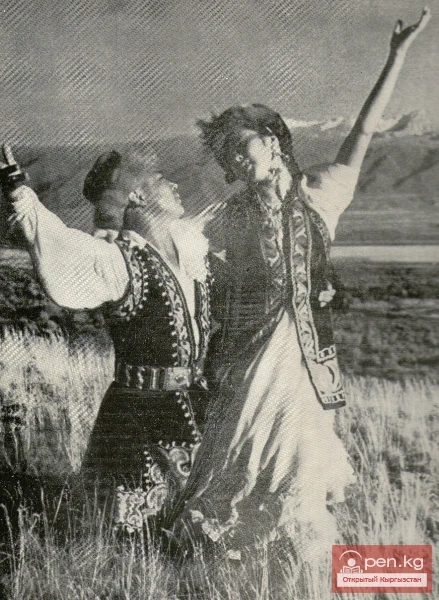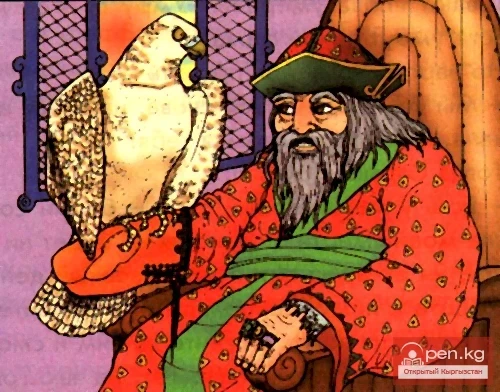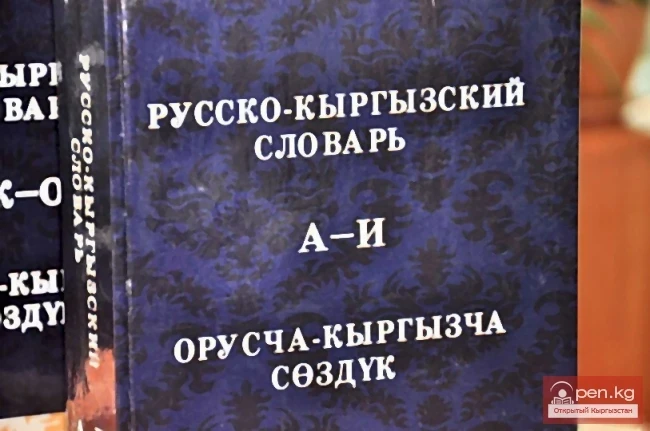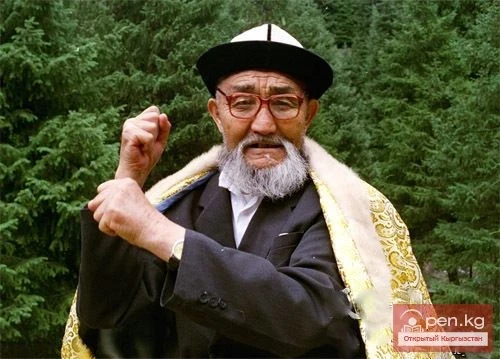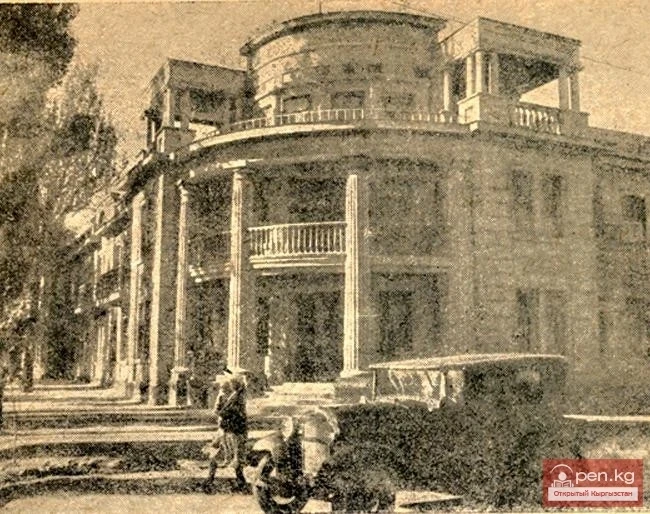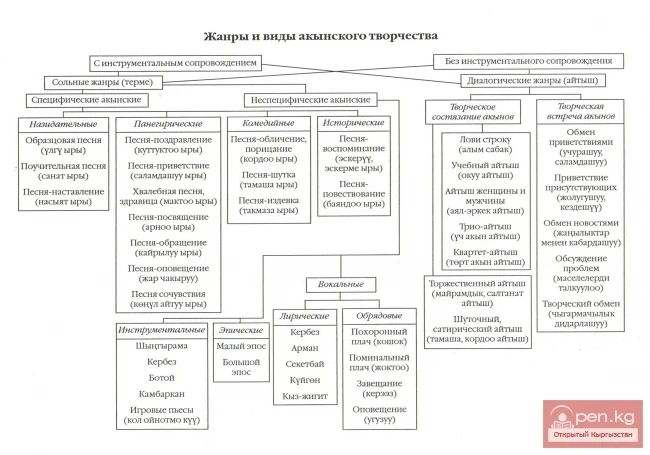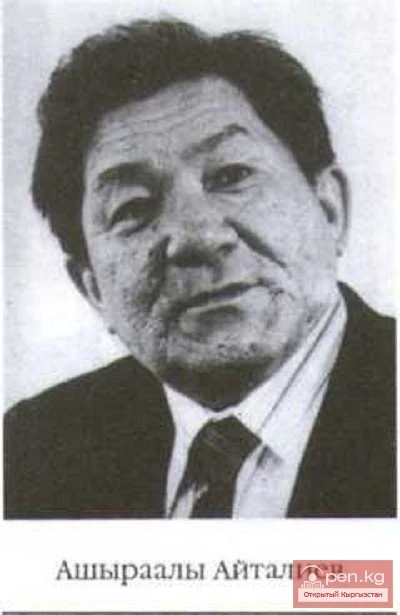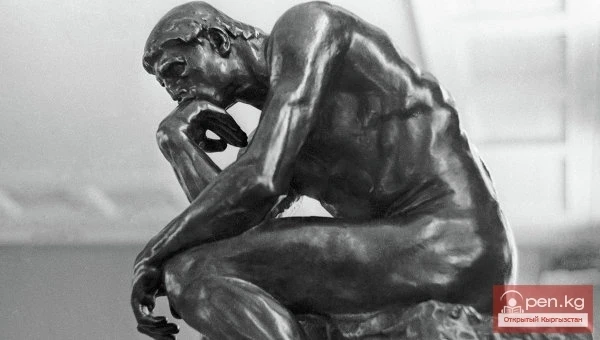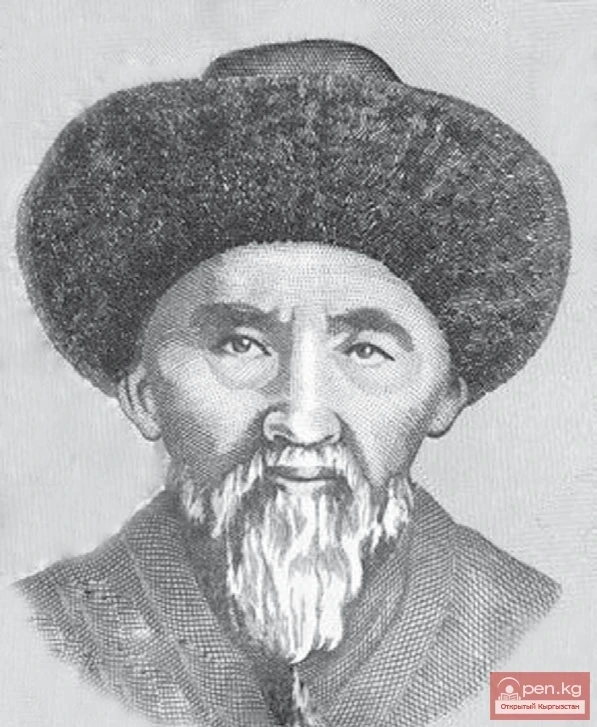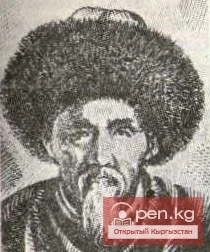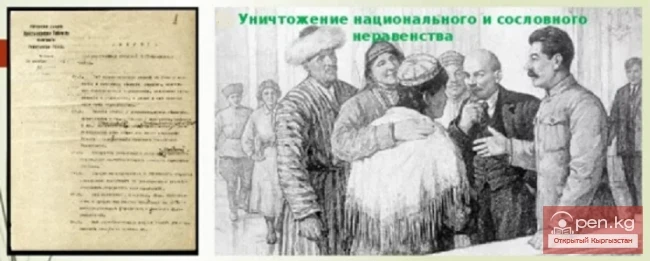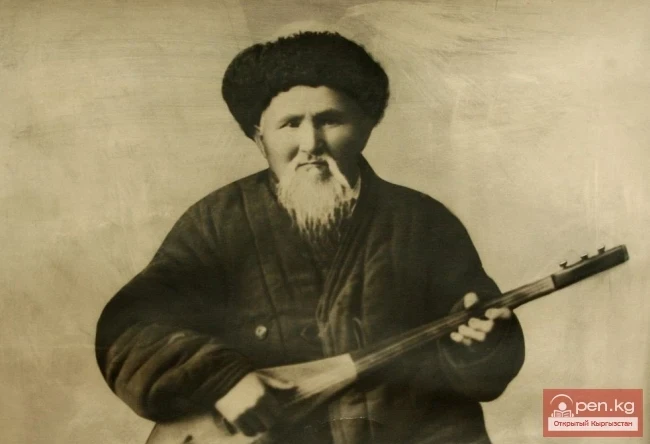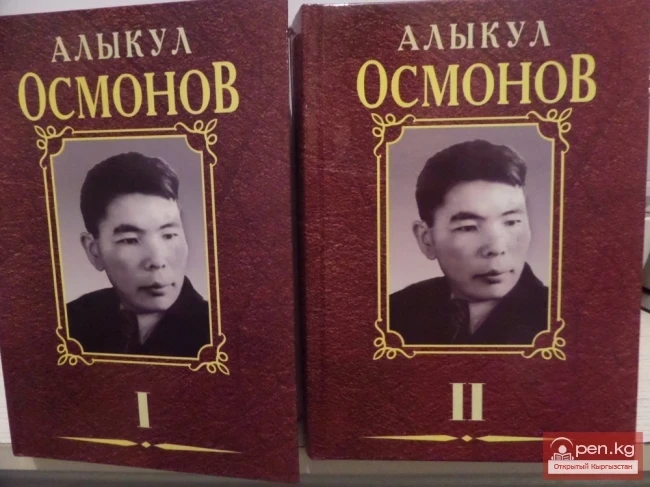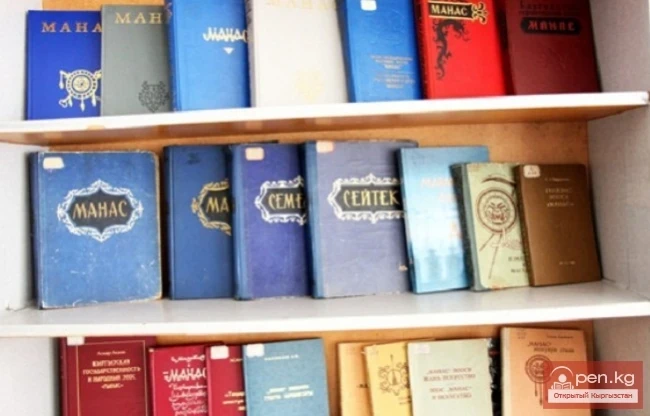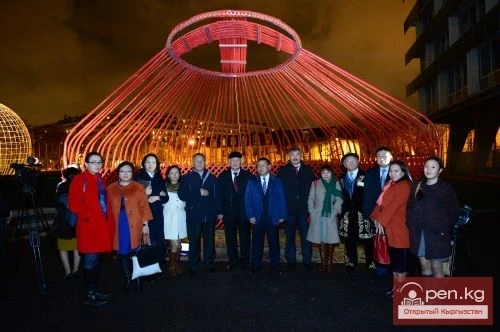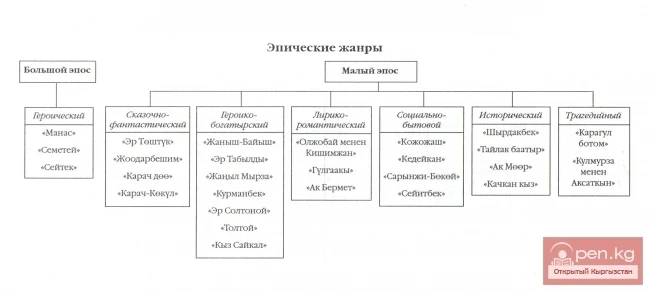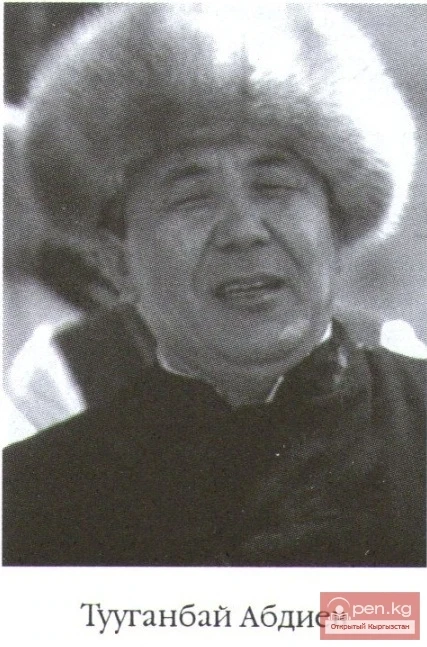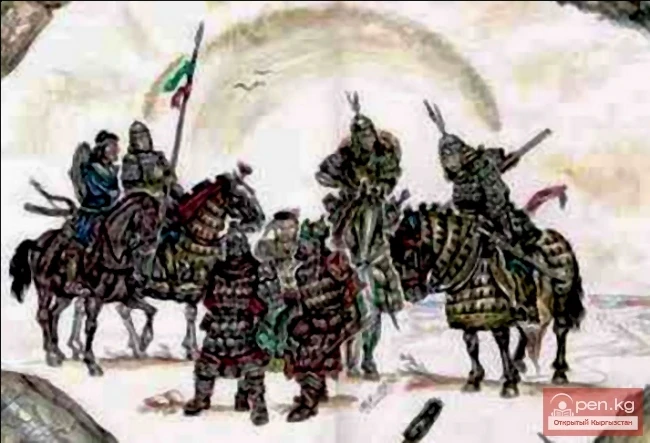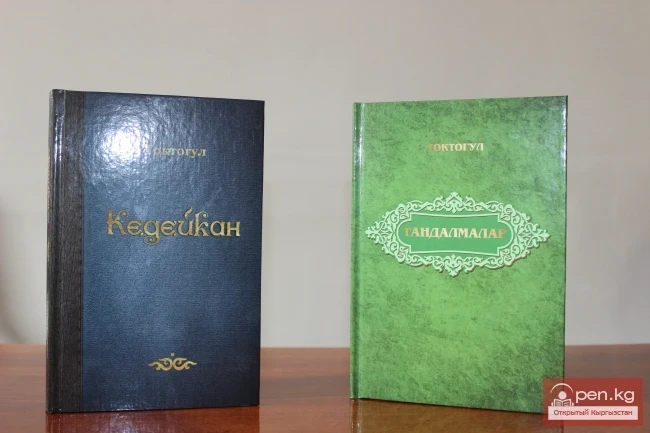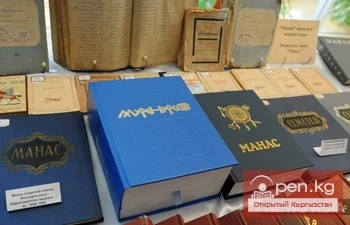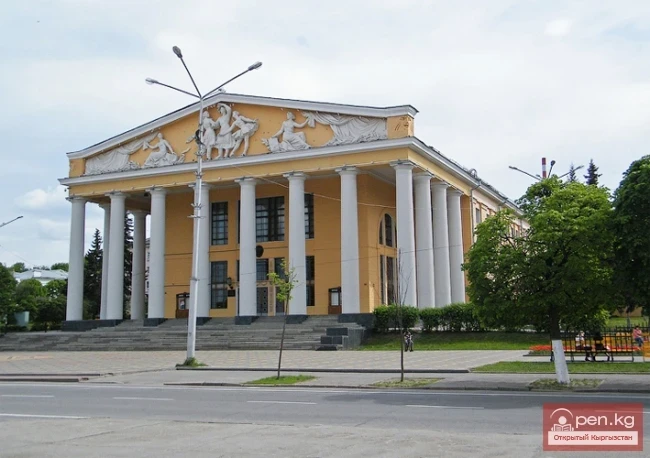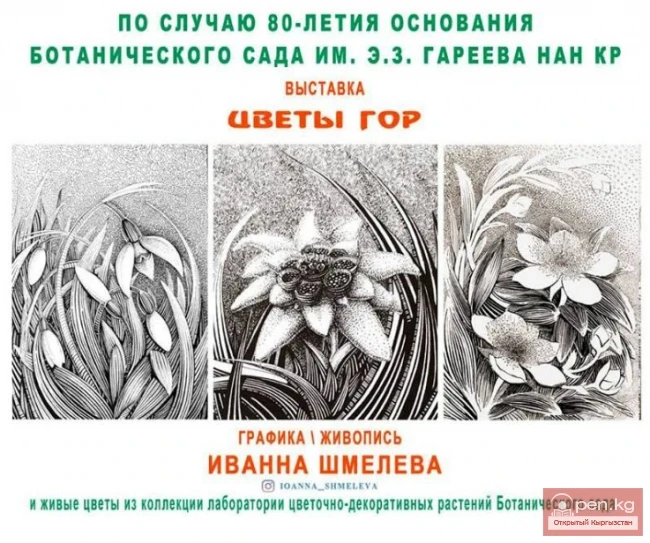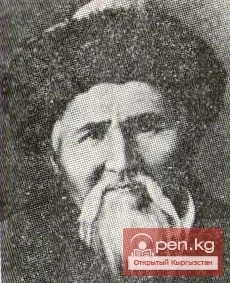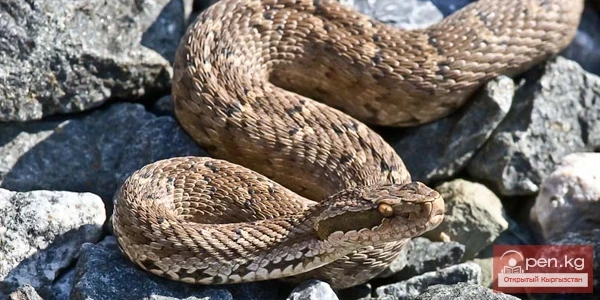Poeticization of Natural Phenomena in the Works of Democratic Akyns Toktogul and Togolok Moldo.
A truly popular poet is called the mirror and soul of the people, as he not only expresses their aspirations and feelings but also concentrates in his works all the best from the spiritual heritage of the people. Folklore is a vital source for a great poet, in whose works it often finds its second life. The best representatives of Kyrgyz akyns from the pre-revolutionary period were subtle connoisseurs and good experts of the epic heritage of the Kyrgyz.
The impersonal essence of the epic, which existed, was revived, and passed down from century to century, from generation to generation by nameless storytellers, became a fertile ground on which akyn poetry, characterized by bright individuality, grew. If the epic can be compared to the memory of the people, then akyn poetry is the living nerve that sensitively responds to the most important events of contemporary life. Such was the creativity of Toktogul and Togolok Moldo, Barpa and Jenijok, and many others who preserved for us the living movement of feelings, aspirations, and interests of their contemporaries, reflecting the people's views on natural phenomena.
At the turn of the nineteenth and twentieth centuries, the oral tradition began to pass the baton to the written one. The songs of Toktogul and Barpa, as works of oral folk art, were transmitted from mouth to mouth. Jenijok, according to preserved folk tales, was literate, but nevertheless, his thoughts reached us only thanks to the memory of the people. Togolok Moldo already recorded his works himself.
These folk akyns are rightly considered authorities in the field of popular views on natural phenomena, and their works are generous sources in this area, significantly complementing the picture formed by the records of folklore.
The poeticization of natural phenomena occupies an important place in the works of democratic akyns Toktogul and Togolok Moldo.
Toktogul Satylganov (born in 1864 in the village of Kuchchu-Suu, in the Ketmen-Tube region, died in 1933) was an outstanding democratic akyn, a talented improviser of poetry and music. He enjoyed universal respect and honor not only among his people but also among neighbors (Kazakhs, Uzbeks, Karakalpaks, and during his exile in Siberia, he was loved by Russian, Polish, and Ukrainian political prisoners). He nurtured many talented folk akyns, such as Kalik Akiev, Barpa Alykulov, Alimkul Usenbaev, and others. He was the author of beloved large melodic kuy: "Chon Kerbez," "Toguz Kayryk," "Min Kyial," and others, which had programmatic significance for the further development of the musical culture of the people. In his work, he celebrated friendship among peoples, and the memory of the people preserved his teachings, sayings, and naive-materialistic views of the world.
Togolok Moldo (born in 1860 in the Kurtka region, Naryn Valley, died in 1952) was a talented democratic akyn. His interpretations of some natural phenomena are close to scientific.
But first of all, it should be noted that nature was not only an aesthetic object of the works but also a reason for philosophical reflections about people, the Universe, and life. Addressing this theme, akyns tried to unravel the mysteries of nature.
Toktogul and Togolok Moldo wrote extensively about clear flowing water and the significance of water for human life. For example, Toktogul believed that the birth and further existence of all living things are connected with water:
Жер жузуне сонорго
Тур жараткан аккан суу
Жашыл ала ылан чеп,
Мин жараткан аккан суу
Курткум у река жандууну
Багып чыккан аккан суу .
Many species on Earth were created by flowing water.
The diversity of grasses was created by flowing water.
It feeds and waters all living things on earth, flowing water.
In these lines, Toktogul's naive-materialistic views are reflected to some extent, refuting the widespread religious-ideological dogma of the time, "Bardygyn kudai zharatkan" — Everything is created by God. He believed that in nature, water, plants, and various living beings are interconnected: the water that is underground comes to the surface, giving life to plants and living organisms:
Кырк миц жыл жердин алдынан
Карып чыккан аккан суу,
Кара жердин алдынан,
Жарып чыккан аккан суу.
Forty thousand years, water has been under the Earth.
Aging, it comes to the surface of the Earth, splitting it, Water.
According to Toktogul's philosophical views, two substances — Earth and Water — played a significant role in the origin and development of life on Earth.
